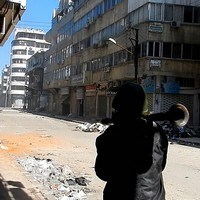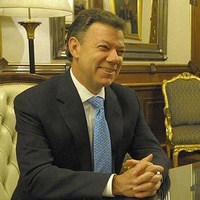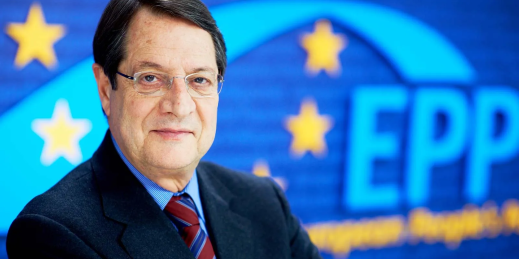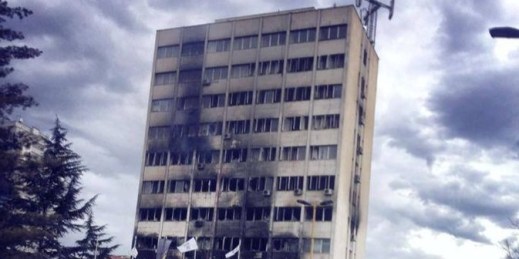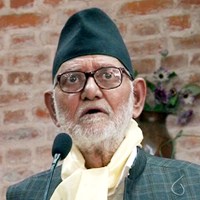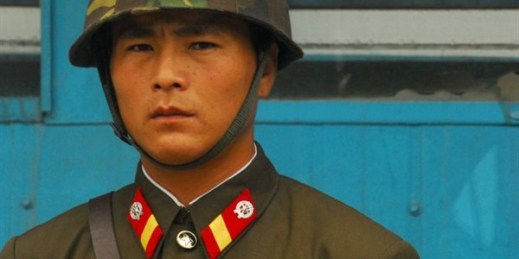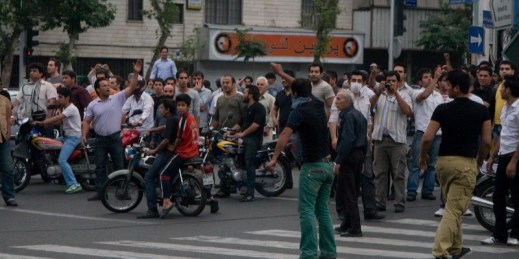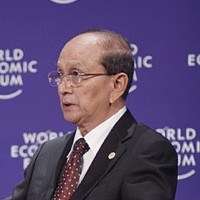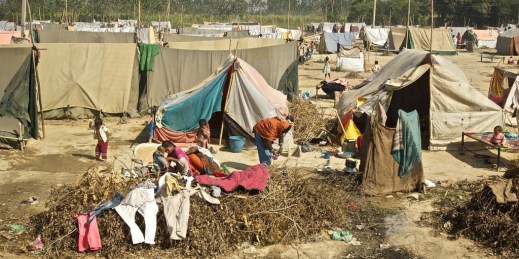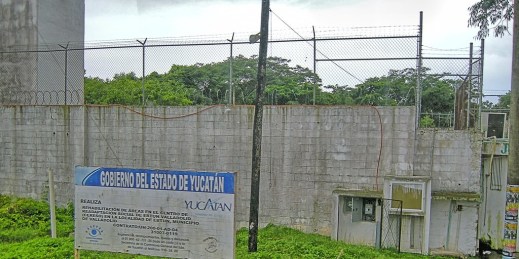
Last weekend, Mexico’s most-wanted drug lord, Joaquin “El Chapo” Guzman, was arrested after spending 13 years as a fugitive since escaping from prison. In an email interview, David A. Shirk,a political science professor and director of the Justice in Mexico Project at the University of San Diego, explained the state of Mexico’s prison system today and whether a Mexican prison could hold Guzman now. WPR: What is the overall state of Mexico’s prison system in terms of its ability to humanely and securely house prisoners? David A. Shirk: Like other prison systems around the world, Mexico’s prison system suffers from […]

